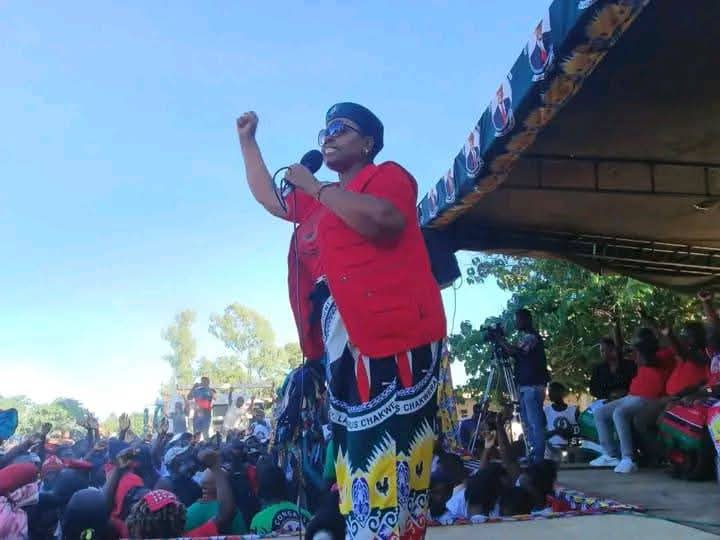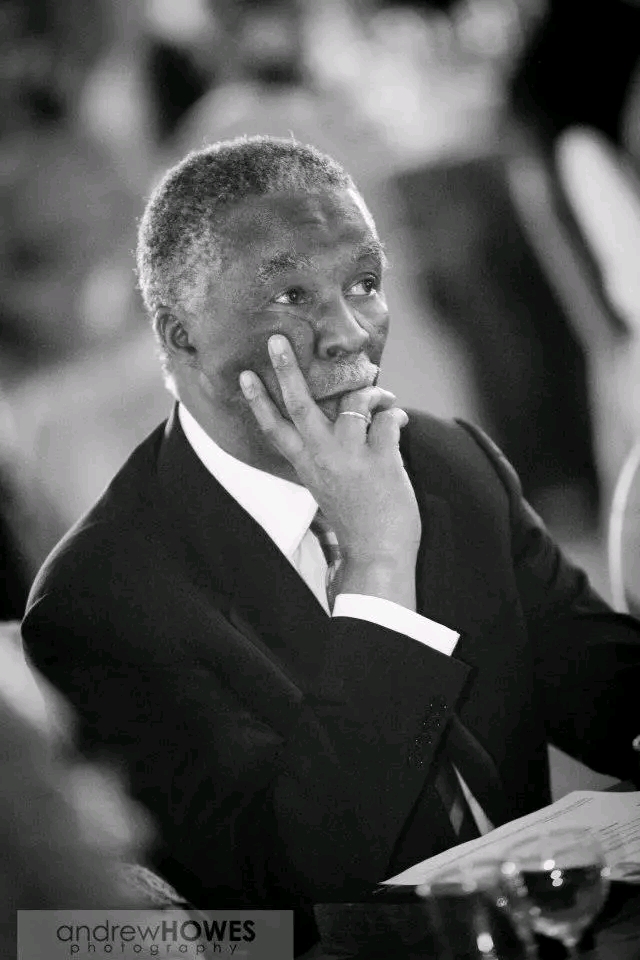By Burnett Munthali
South African politician and activist Mbuyiseni Ndlozi has sent a powerful message to leaders who exploit the vulnerable, declaring that neither pastors nor politicians have the right to steal from the poor.
Speaking with conviction and clarity, Ndlozi stated, “Whether you are a pastor or a politician, you don’t have the right to steal from the poor.”
His remarks came as part of his broader message on ethical leadership and accountability during his engagements in Malawi.
Ndlozi emphasized that many leaders, particularly in African countries, have taken advantage of people’s faith and desperation for their own personal gain.
He particularly criticized those who invoke religion or patriotism to justify corruption, fraud, and the accumulation of unexplained wealth.
“Not in the name of God. Not in the name of our people,” he added, in what has become one of the most quoted lines from his address.
His statement resonated with many who feel frustrated by the abuse of power by those who are supposed to be custodians of public trust.
Ndlozi’s words reflect a growing sentiment across Africa where citizens are demanding transparency, fairness, and justice from those in leadership.
The comment was also seen as a direct challenge to some religious leaders who accumulate wealth while their congregants continue to suffer in poverty.
In recent years, questions have intensified around the source of wealth of certain high-profile figures, especially those who operate in religious and political spaces.
Ndlozi’s call aims to empower ordinary citizens to question authority and hold leaders accountable, regardless of their title or status.
By addressing both politicians and pastors, he made it clear that moral responsibility does not exempt anyone in power.
His statement also carries an urgent tone for reform, reminding people that justice and integrity must take precedence over personal enrichment.
As more Africans awaken to the impact of bad governance and exploitative leadership, voices like Ndlozi’s are helping to shape a new political consciousness.
His message is a bold reminder that leadership must be rooted in service, not in the abuse of privilege or manipulation of the masses.
Ndlozi’s remarks continue to stir important conversations on social media and in public forums, as people reflect on the roles of leaders in their communities.
Ultimately, his challenge was not just a condemnation, but also a call to action — urging people to demand better, and to reject any form of leadership that thrives on the suffering of the poor.





